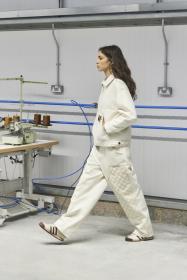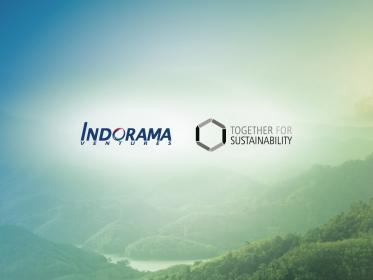By Urban Outfitters & ISKO Denim: Capsule collection using recycled materials and kinder wash processes
BDG [By Urban Outfitters] and the denim mill, ISKO have come together to develop a 10-piece collection made up of workwear-inspired denim pieces with finishing designs by British Artist, Dwayne Coleman.
Partnering with ISKO, Urban Outfitters has developed more sustainable denim pieces for this collaboration, utilizing recycled cotton yarns made from cutting waste. All pieces are washed using innovative technology to reduce the chemical, water, and energy footprint so that each item has a low environmental impact score. The development of these washes were done with the help of ISKO’s Creative Room London. The collection features an innovative style that uses no virgin cotton, and yet the authenticity and durability remains the same.
The collaboration incorporates the principles of circular design, including minimal wash processing, recycled cotton content, minimal metal trims and removable shank buttons. The styles are designed to last, and after many wears they will be readily recyclable for their next life. Urban Outfitters are members of Better Cotton whose mission is to help cotton communities survive and thrive, while protecting and restoring the environment as part of the brand's wider sustainability initiatives.
Menabo for ISKO































